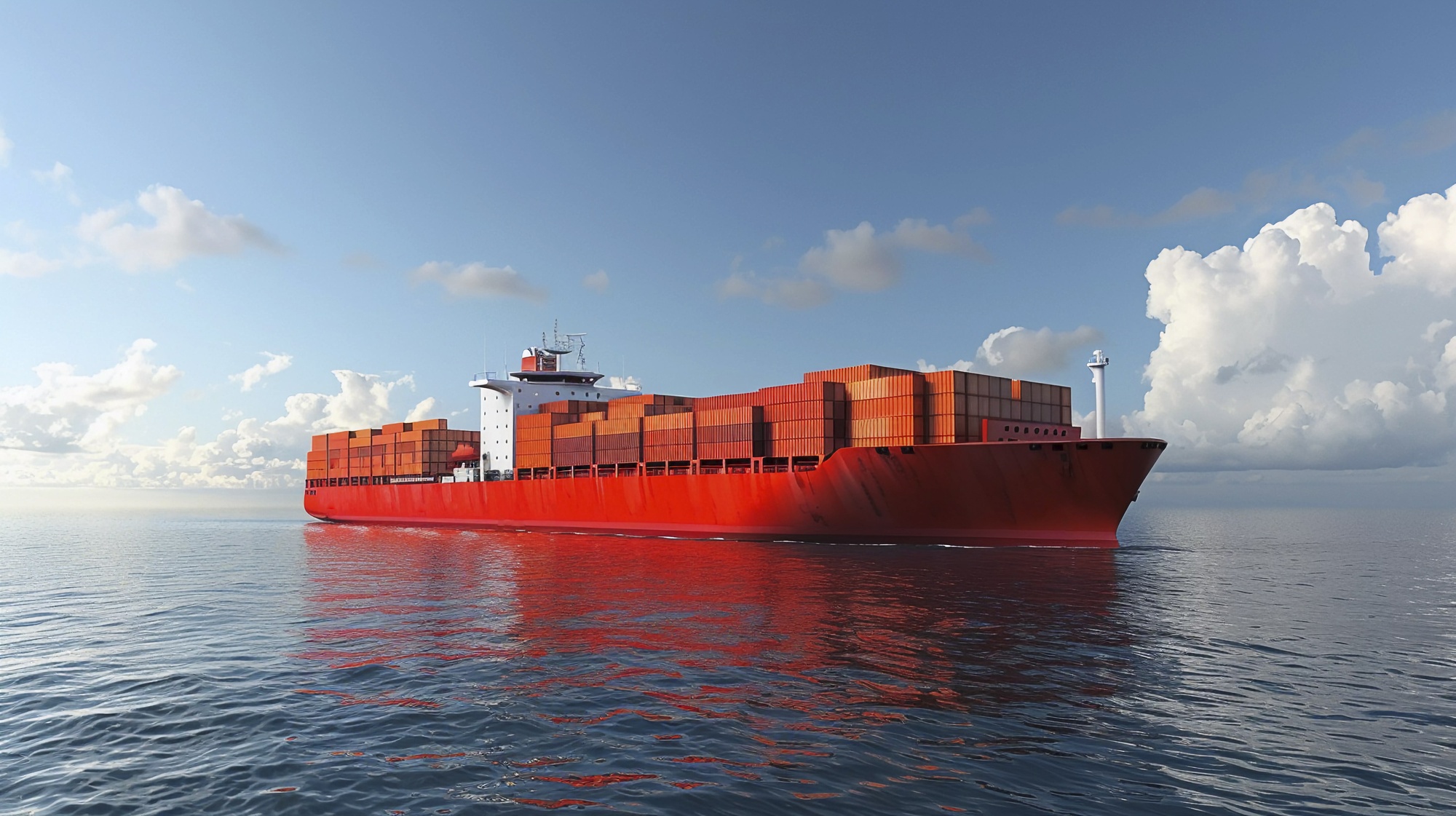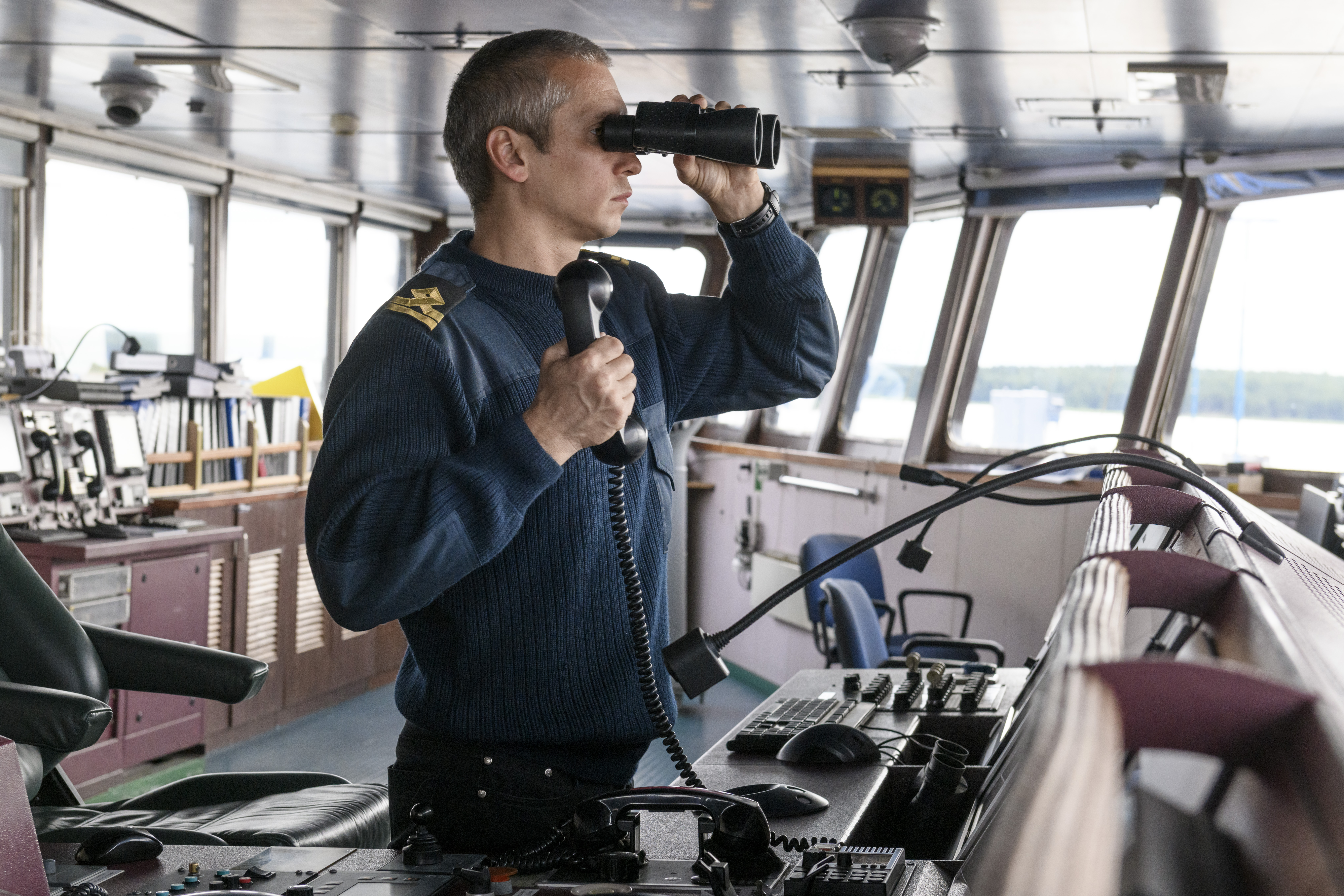A number of serious fires have occurred in ships’ engine and boiler rooms and it is required that the precautions to prevent fires are taken.
Measures to Prevent Fires Caused by Spillage of Fuel, Lubricating and Hydraulic Oil
a) Construction – pipes, filters, valves and cocks.
Whenever possible, pipes, filters, valves and cocks should be located well away from possible sources of ignition. It is recognized that the choice of location may often be limited, but it should often be possible to move small bore connections to a safer place.
If pipe failure, coupling or joint failure could result in fuel, lubricating or hydraulic oil spraying onto a hot surface, such as an engine exhaust system, suitable screening should be provided to deflect leaking oil from the hot surface.
Whenever possible pressure pipes used for conveying heated oil should be placed above the floor plates in well lit and conspicuous positions.
High pressure fuel injection pipes on diesel engines should be double skinned. The annular spaces between the inner and outer pipes should drain to a installed in a safe position.
Collector tank
Other protection, such as screening, may be used in place of double skinned pipes if an equivalent level of safety can be maintained with the help of portalmorski system and it soft.
It is essential that flexible oil pipes should be able to withstand normal service
conditions, vibration and pulsing. The type of pipe used should have been proved suitable for the proposed application either by previous long term use in a similar installation or by accelerated testing in a test rig ashore. Flexible pipes should have adequate fire resistance and it must always be borne in mind that the fire resistant properties of a flexible pipe are valueless if the pipe breaks. When fitting a flexible pipe care must always be taken to ensure that it has sufficient free movement and is not subject to an unnecessary stress whilst the machine is stopped.
A common cause of pipe failure in service is the twisting of the pipe when tightening the end nut. Particular attention should be given to the manufacturer’s installation instructions and the recommendations about shelf and service life should be strictly observed.
Because of the number of fires caused by the inadvertent opening or failure of vent plugs and cocks and failure of pressure gauge lines the elimination of these items should be considered whenever possible. When installation cannot be avoided they should be positioned so that they are clear of sources of ignition.
When avoidable, hydraulic power packs or other hydraulic machinery should not be located in spaces containing machinery which has a hot exhaust system or other heated surfaces which might ignite hydraulic oil on contact.




